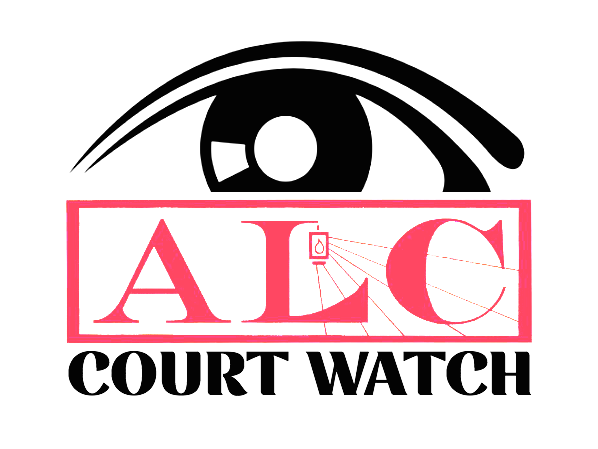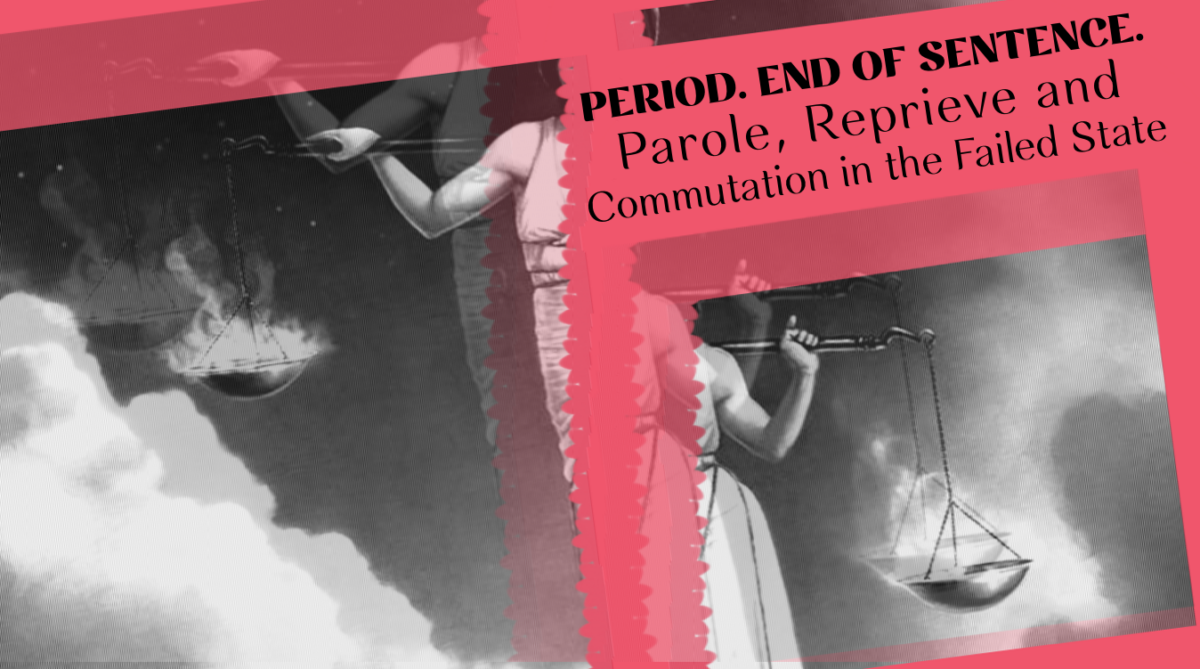written by Autumn Redcross, edited by William Lukas
“For the master’s tools will never dismantle the master’s house. They may allow us to temporarily beat him at his own game, but they will never enable us to bring about genuine change.”
– Audre Lorde, 1984
There are approximately 45,000 people in Pennsylvania’s Department of Corrections. While the DOC regularly releases about 20,000 people each year, there is a reluctance to accelerate their time in service to the state and end their prison sentences early. Even in the face of a global public health crisis. As abolitionists, it may feel contradictory to lionize the radical potentials of parole, reprieve, and commutation – some of the “master’s tools” that reinforce compliance with carceral logics. Yet these existing instruments of criminal law have the capacity to save thousands of lives during this pandemic and beyond. In this article, we amplify arguments for parole, reprieve and commutation under COVID-19, not as a blueprint for dismantling the master’s house, but as a strategic call in the fight to #FreeTheVulnerable and protect public health.
PAROLE
Parole is a continued form of sentence outside of prison. On parole, a person is released to the community while under state surveillance. As a privilege, and not a right, parole can be granted for not more than 50% of the maximum time of the sentence(s). Parole is considered by an administrative board once a person meets the minimum of their sentence requirements. The person on parole must operate according to the terms of their release, otherwise they will be at risk of being apprehended and again detained. People can be (and are) sent back to prison for technical parole violations that do not involve the commission of new criminal acts.
According to the Pennsylvania Board of Probation and Parole, “Of the offenders discharged in 2018, 74.8 percent, or 78,947 offenders, were successfully discharged and of those, 4,381 offenders had their supervision terminated early.” Over 100,000 people on parole were in circulation over all and about 20,000 are released from the DOC every year.
Mass decarceration occurs on a regular basis: with close to half of the DOC prison population being released yearly, parole enables reentry into society for great numbers of the formerly incarcerated. Parole becomes an alternative to a system of warehousing that promotes punishment and aging, rather than behavioral correction or personal transformation.
REPRIEVE
In matters of high concern or crisis, reprieves can be granted by the governor. A reprieve is a temporary suspension of a criminal sentence. Whereas the Governor of Pennsylvania has the power “to remit fines and forfeitures, to grant reprieves, commutation of sentences and pardons,” only the reprieve power does not require the recommendation of a majority or unanimous votes of the Board of Pardons, as required for pardons and commutations. The ability to temporarily suspend punishment is an exclusive power of the Governor in Pennsylvania. Governor Wolf can – and has – unilaterally suspended the imposition of a sentence, whether to avert an irrevocable sentence of death or to reduce the prison population in order to respond to a pandemic
On April 10, the Governor used his reprieve authority in response to COVID-19, creating a reprieve program to be administered by the DOC. The Governor estimated that 1,500-1,800 candidates from the more than 45,000 people held captive in DOC custody would be eligible for reprieve under the program. However, only a meager 111 have been granted reprieve nearly a month into the program. Both the proposed limited eligibility for reprieve (1,500 and 1,800 prisoners) and the realized practice of reprieve (111 prisoners) flies in the face of public health, logic, and of mercy.
For Wolf, “Vulnerable inmates will include inmates aged 65 or older; anyone with an autoimmune disorder; pregnant inmates; anyone with a serious, chronic medical condition such as heart disease, diabetes, chronic respiratory disease, bone marrow or organ transplantation, severe obesity, kidney disease, liver disease,[and] cancer; or another medical condition that places them at higher risk for complications of coronavirus as defined by the Centers for Disease Control and Prevention”, as reported on the newsroom page of his website. However, as COVID-19 overtakes prisons at a frightening pace, this is insufficient. We seek more releases and actual justice.
Essentially all sentences are death sentences even pre COVID-19. Governments have refused to take required actions to prevent the deadly outbreaks inside its penal fortresses. And time charged does not excuse the cruel circumstances of being contained during moments of war and disaster.
COMMUTATION
Robert “Saleem” Holbrook, ALC’s Director of Community Organizing and co-founder of the Human Rights Coalition, advocates for the release of our elders and loved ones. Speaking with fierce love and urgency at the #FreeTheVulnerable Virtual Town Hall on April 21, Saleem noted that “Seniors constitute the least threat to public safety.” Age renders them particularly vulnerable to contracting COVID-19 and succumbing to the virus’s complications.
Saleem states, “Right now the DOC houses 700 lifers who are over the age of 65. There are 303 senior offenders who are over the age of 65 and have served half of their minimum sentence.” They should receive parole or expedited reprieve.
“There are over 2,000 people who are within nine to twelve months of the end of their minimum sentence” and also age 65 or older. “There is no way they” shouldn’t be released by parole or reprieve. Right now, 27% of the Department Of Corrections population are seniors.” They should receive parole or expedited reprieve.
During the #FreeTheVulnerable Town Hall, Saleem noted that “three lifers who are over 65 and have not had letters of commutation signed” by the Governor despite being recommended by the Board of Pardons for commutation. These people are our loved ones whom we want to bring home.
Prisons function as incubators of COVID-19. Not only does this impact those subjected to the violences of the courts and criminal justice system, but it also pours over and emanates through sociogenic aspects of our environment and the wellness of its people. The system of criminal injustice obliges the state to turn a blind eye to the humanity of individuals behind prison walls. At the same time, the system perpetually harms our communities. Both ultimately illustrate, with grim clarity, why we must continually push against the walls that imprison.
As Saleem had described, “this is a failed state.” Yet as abolitionists, we challenge the carceral system to utilize its own mechanisms in the interest of public health. Our demand is to #FreeTheVulnerable and at no time do we accept any proposition that situates our loved ones to become martyrs of the state in service to time. Not on our watch.

